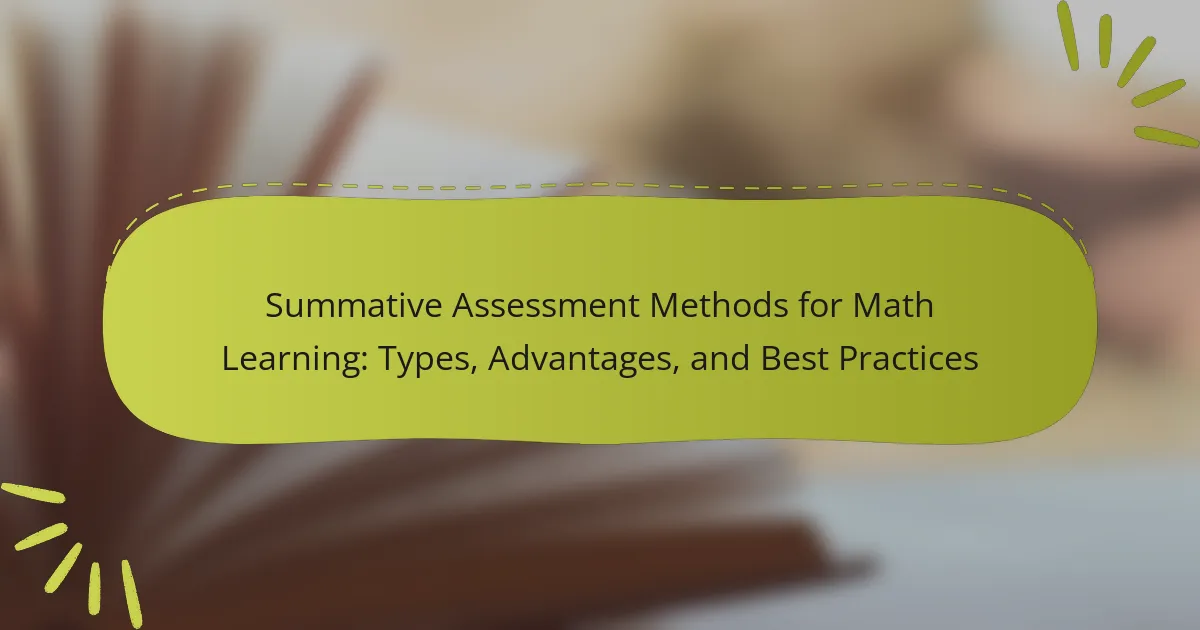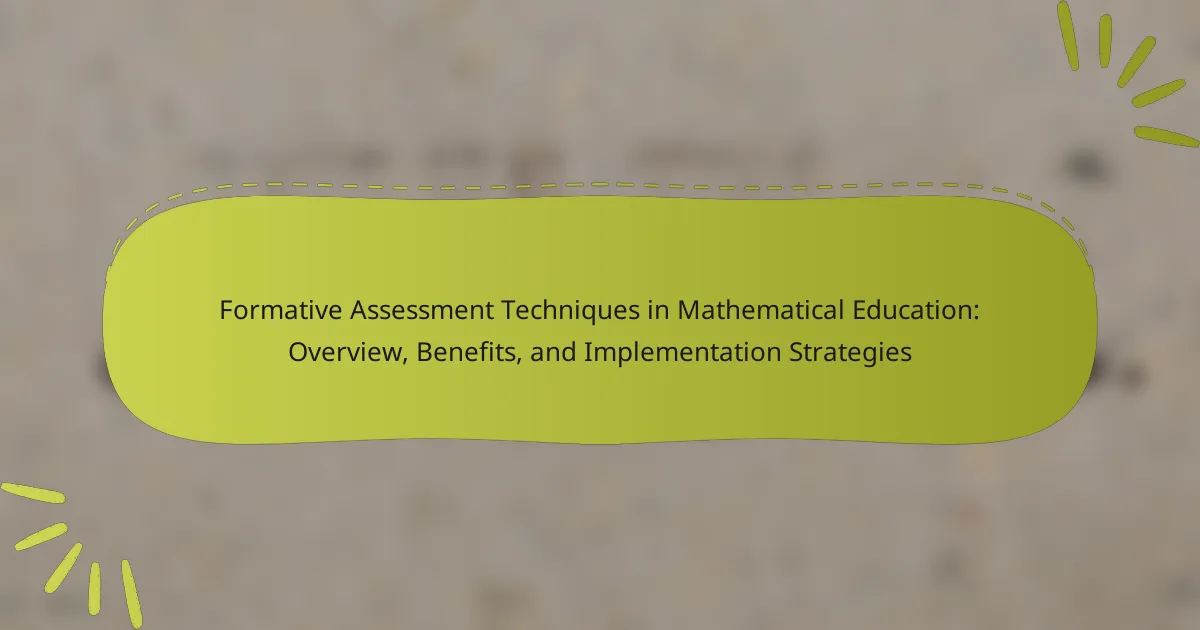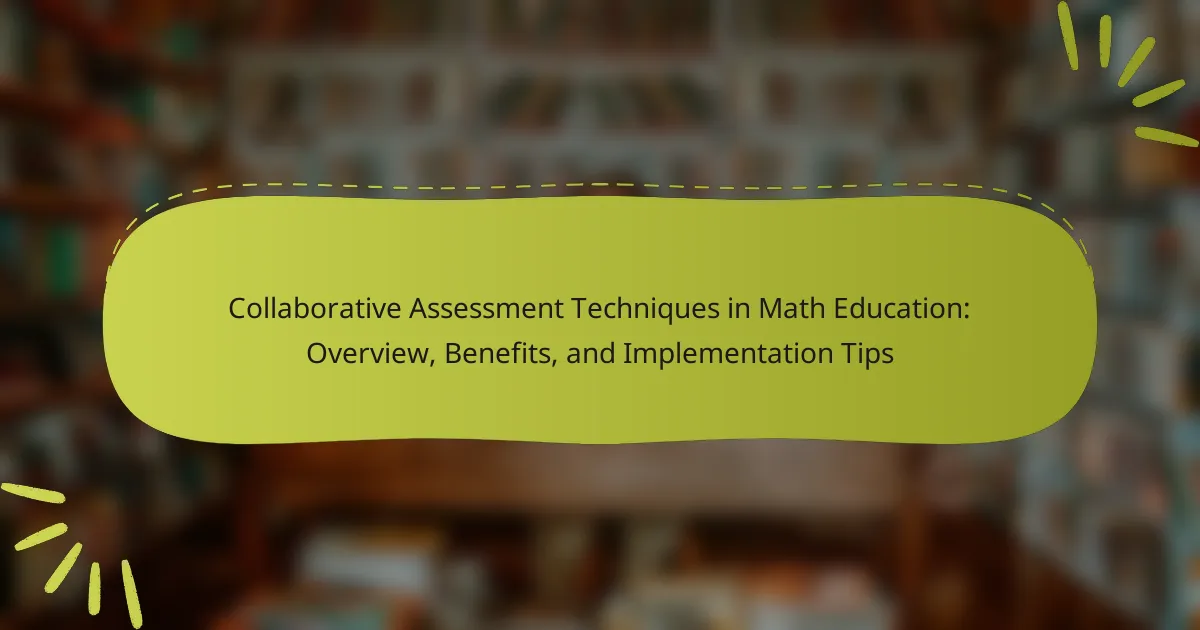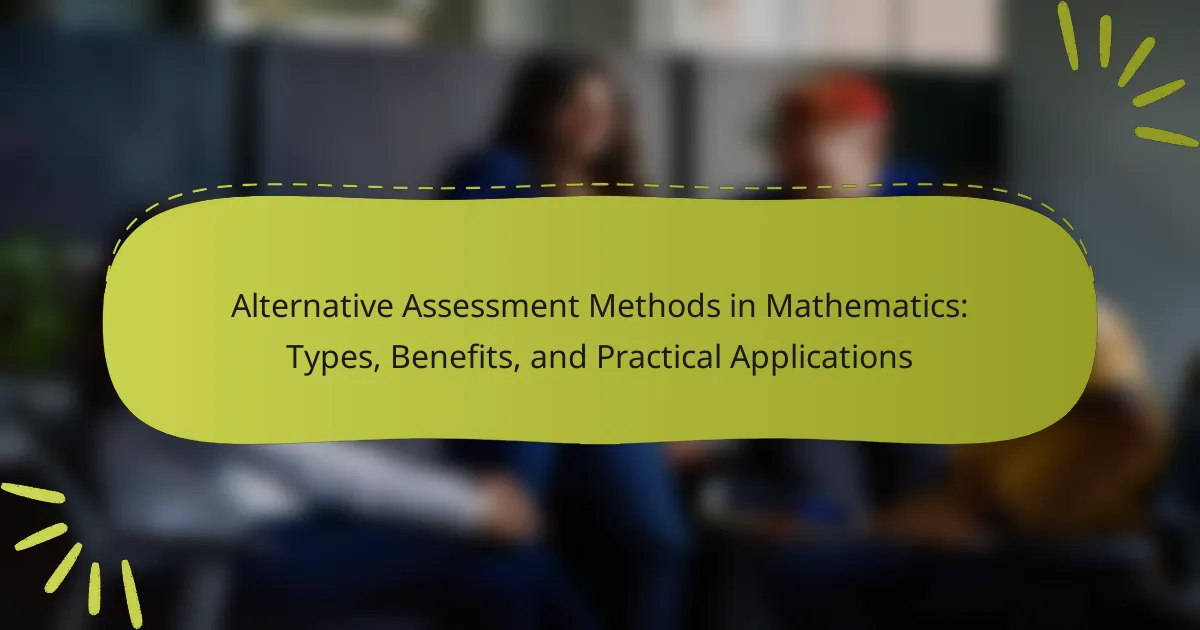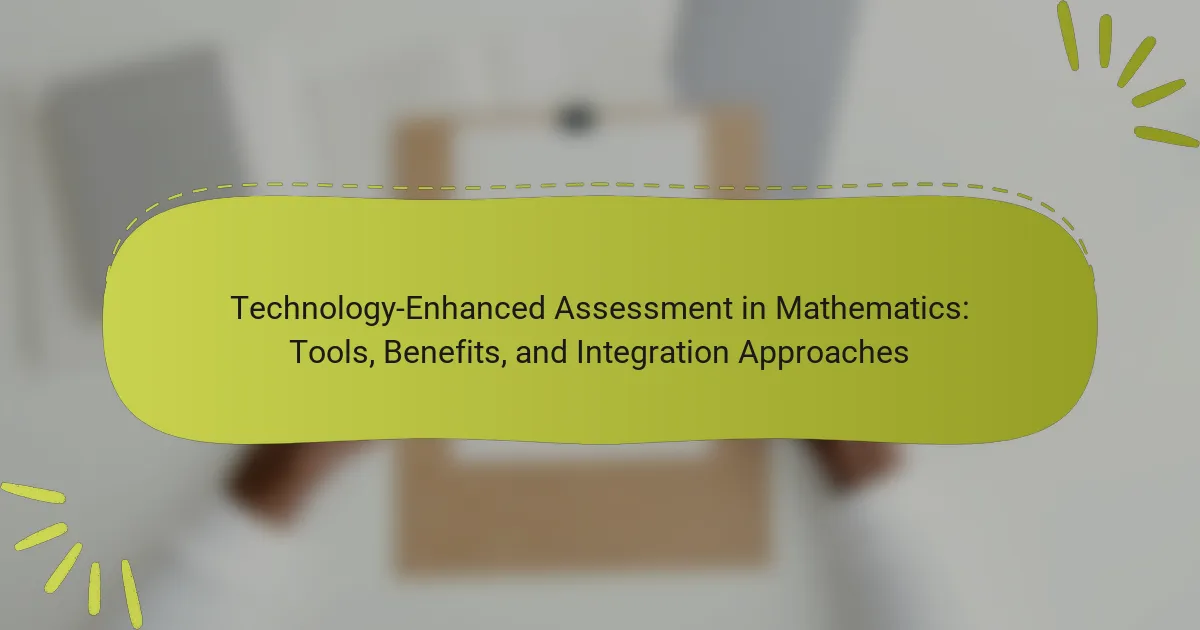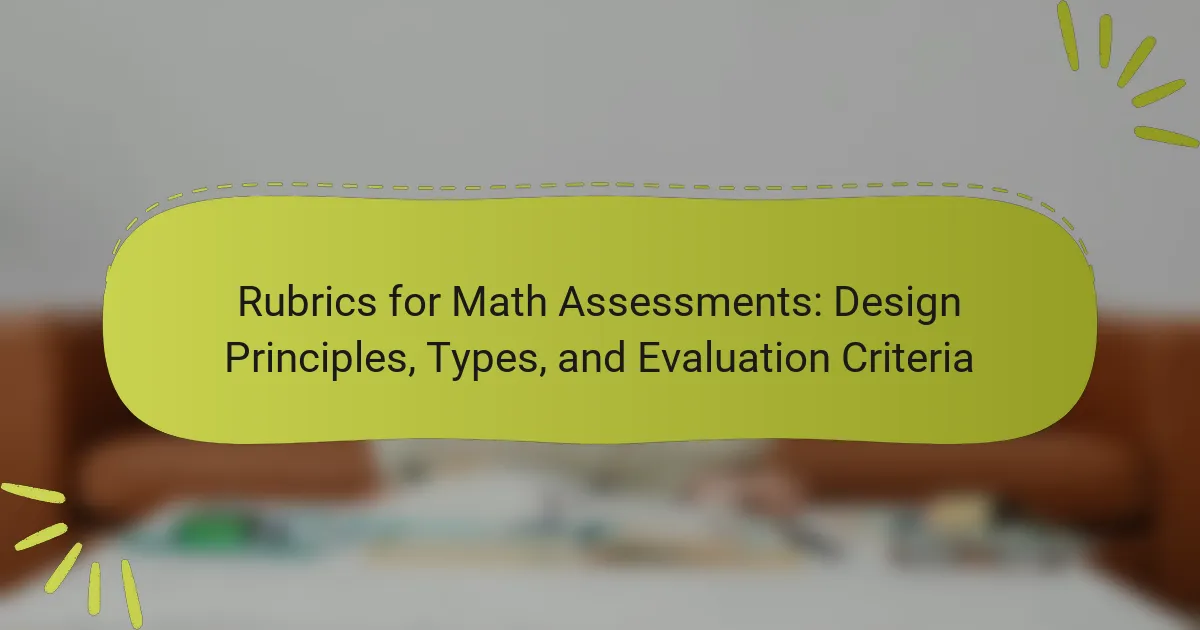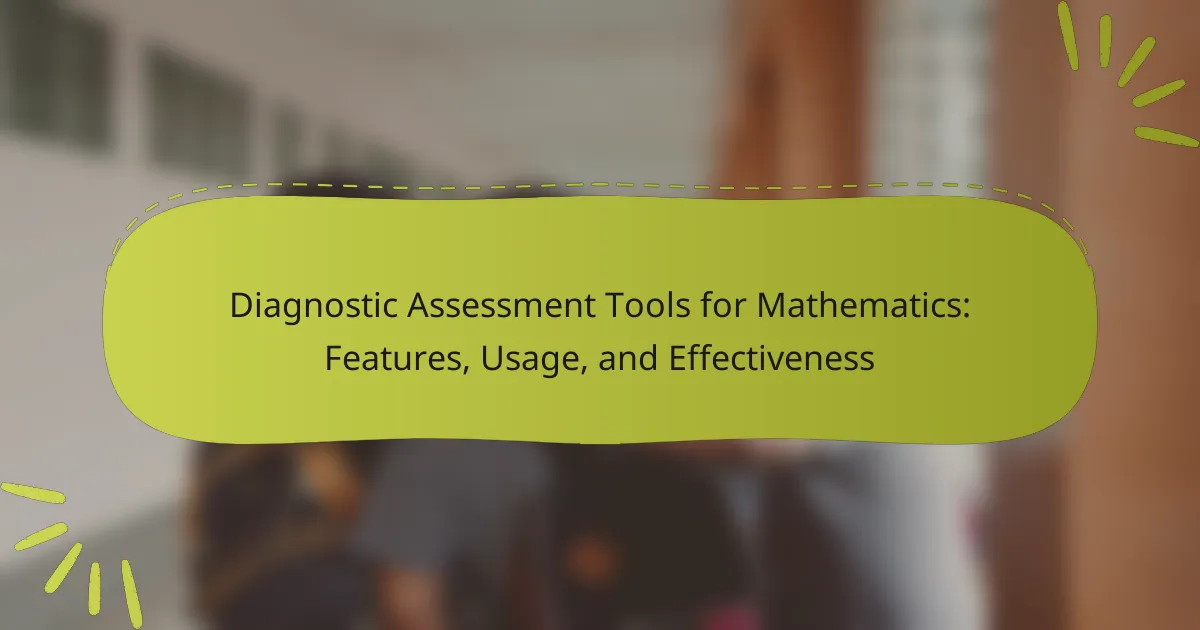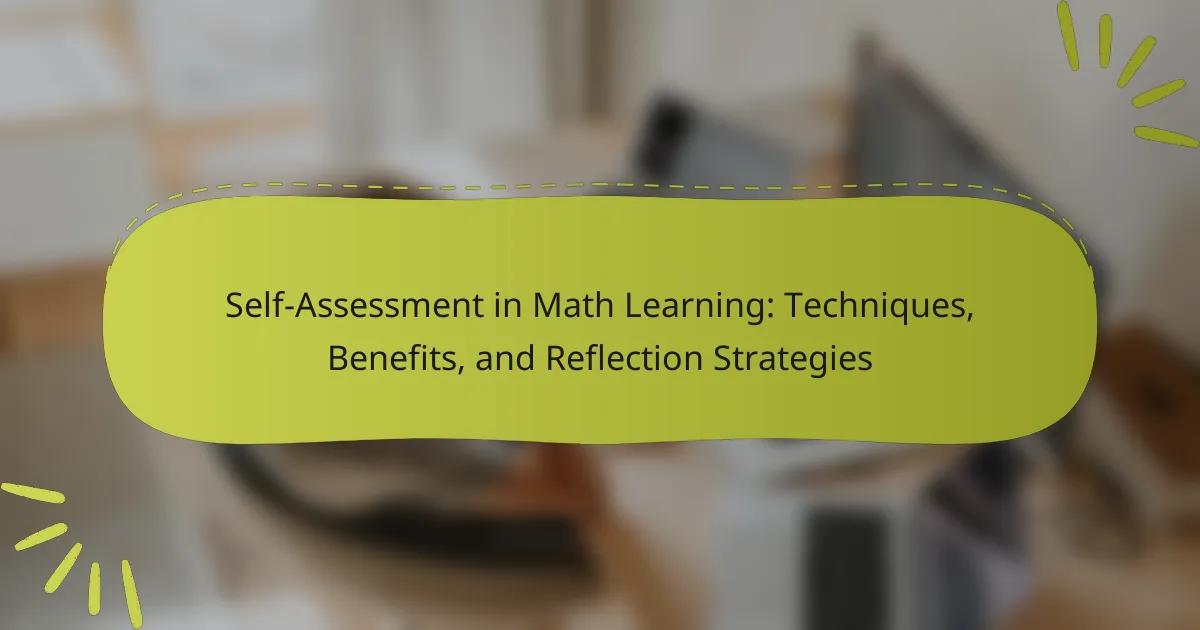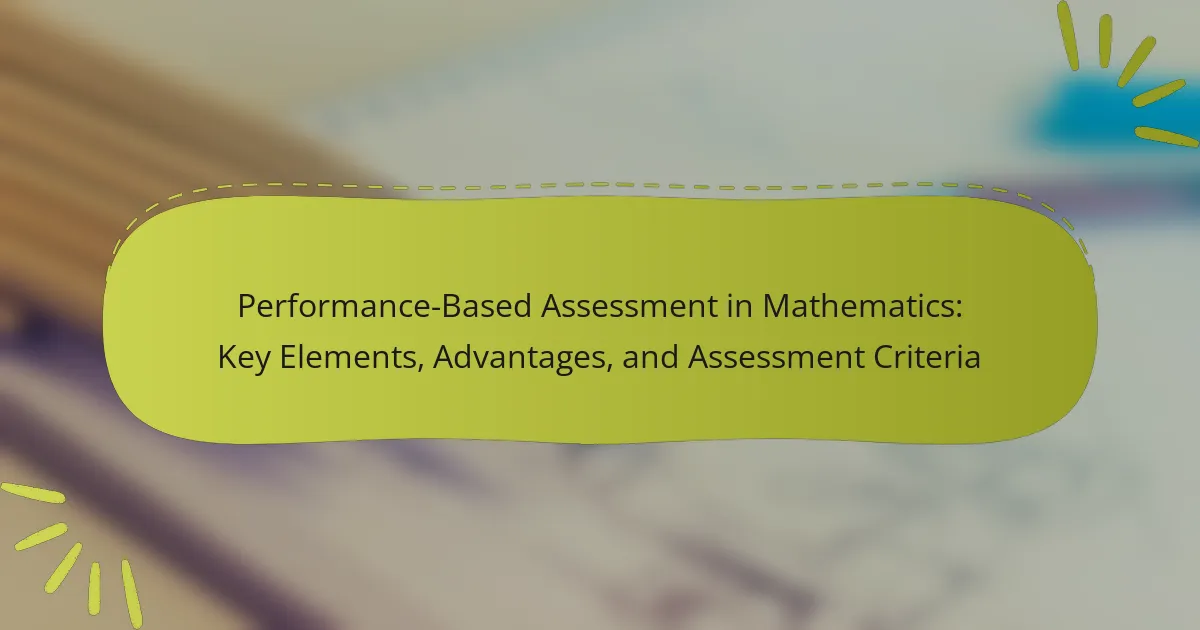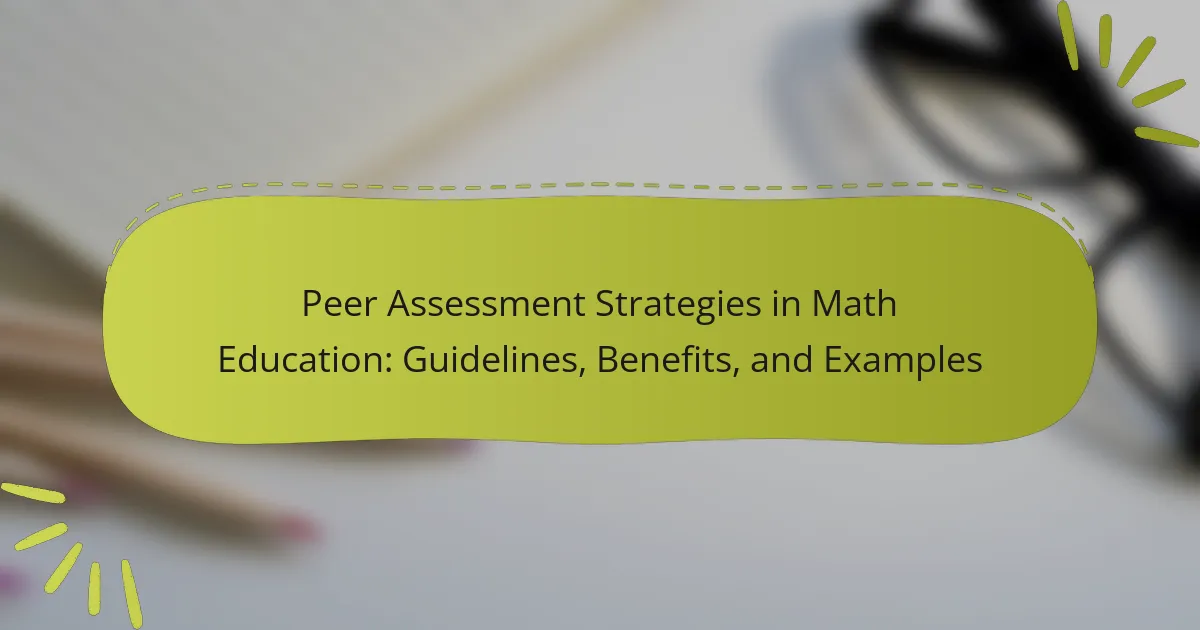
Peer Assessment Strategies in Math Education: Guidelines, Benefits, and Examples
Peer assessment strategies in math education involve students evaluating each other’s work to enhance learning outcomes. These strategies, which include structured peer reviews, collaborative problem-solving, and peer teaching, promote critical thinking, communication, and engagement among students. Research indicates that effective peer assessment not only improves understanding and retention of mathematical concepts but also fosters a…
